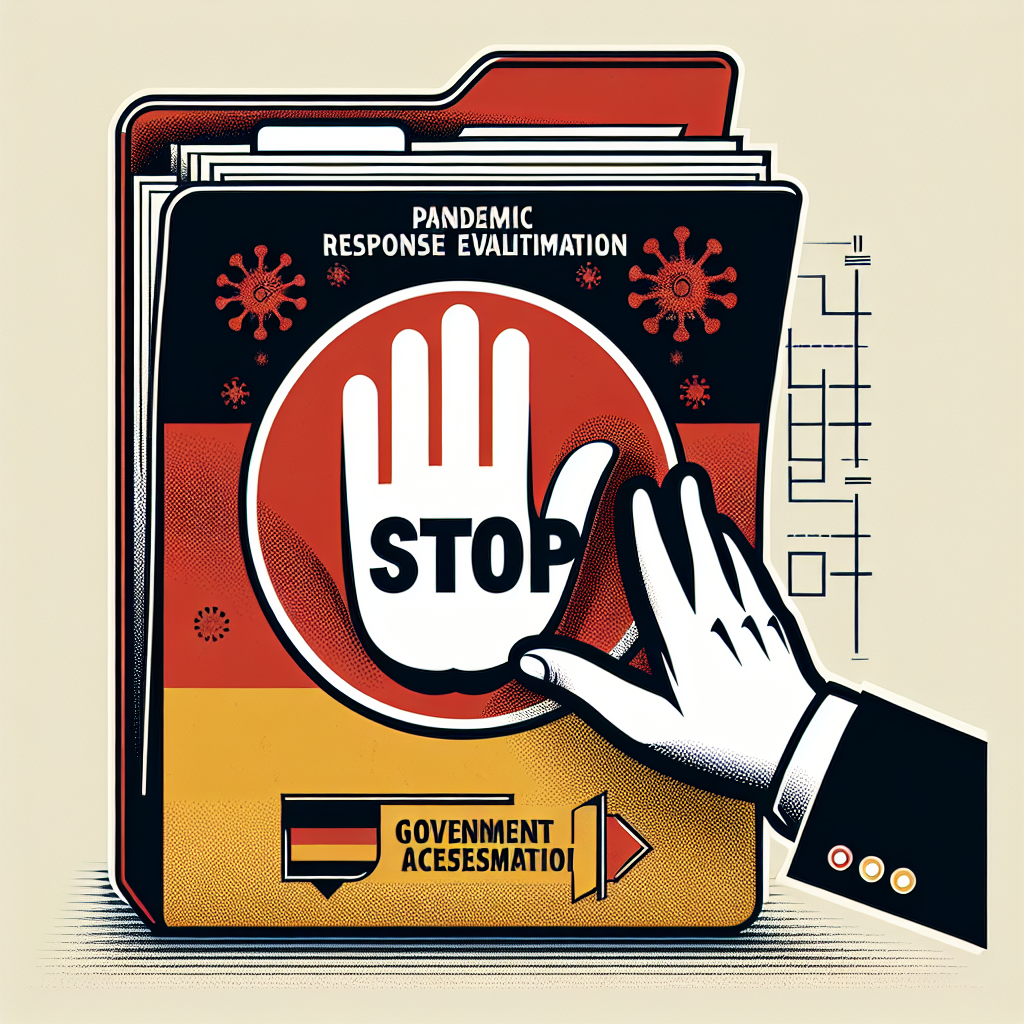Over the past quarter-century, one glaring lesson stands out: government officials often struggle to effectively quantify and manage the risks associated with their own ambitious initiatives. As early as 2020, Dr. McCullough and I anticipated that the mass vaccination program launched in response to the COVID-19 pandemic was fraught with risk and potentially disastrous implications. This skepticism was not unwarranted; the rapid push for widespread vaccination operations suggested an inherent gamble that, without transparency and accountability, could turn disastrous for those in charge once the reality of the program’s implications was revealed. A cover-up has persisted for over two years, not only in the United States but also across Europe, Australia, and the UK, raising critical concerns about the motivations behind the promotion of the vaccine and the public’s right to be informed.
In a recent commentary by C.J. Hopkins, an American author in Berlin, he highlighted the unwillingness of the German government, specifically the “traffic light coalition,” to conduct an investigation into the ramifications of their COVID-19 policies. Despite earlier statements from Health Minister Karl Lauterbach advocating for a thorough review to dispel the notion of concealing damaging information, the coalition has now decided against pursuing this inquiry. The government’s refusal to reassess their pandemic responses reflects a troubling trend of evasion, as the complexities surrounding political accountability and public health decision-making become obscured by ideological divides and fear of repercussions for past actions.
Lauterbach’s own mixed messages regarding the necessity of a review signal deeper issues within the coalition. Initially, he appeared supportive of an investigation but later retracted his stance, claiming the process could become politically charged. This inconsistency raises questions about his commitment to transparency and accountability. Furthermore, the government’s inability to agree on the form of a review demonstrates a lack of collaboration and transparency. With new elections looming in 2025, any comprehensive examination of COVID-19 policies is likely to be postponed—even as foundational concerns regarding public trust in governmental institutions continue to grow.
The reluctance to review the government’s pandemic strategies is emblematic of a political landscape that seemingly prioritizes partisan interests over the well-being of the populace. With the SPD (Social Democratic Party) citing the FDP’s refusal to participate in a Citizens’ Council as justification, it’s clear that the topic of COVID-19 remains too sensitive. Key governmental figures who advocated for compulsory vaccination are still in power, leading to apprehension about revisiting these decisions publicly. The political stakes are high, exacerbated by the public’s awareness of past voting behaviors on pandemic-related measures, particularly compulsory vaccinations, which had widespread backlash from opposing parties.
The implications of these decisions extend beyond politics; they resonate with the public’s faith in health policies and governmental oversight. Despite numerous vaccine injury reports—approximately twenty times higher for COVID-19 vaccines than for others—the consequences of the vaccination strategy remain inadequately addressed. Minister Lauterbach’s statements on the plight of vaccine victims, albeit sympathetic, lack substantial follow-through to create effective remedies or rehabilitative measures for those affected. This oversight fosters an environment of distrust where individuals increasingly question their health authorities’ motives, resulting in fractured relationships between citizens and the very institutions meant to protect them.
Lastly, the cancellation of a thorough review could ultimately jeopardize public safety and preparedness for future health crises. Experts are sounding alarms about the onset of new pandemics, and upcoming global discussions, such as the World Health Summit in Berlin, emphasize the importance of understanding lessons from COVID-19. In this context, the government’s choice to avoid a comprehensive scrutiny of its pandemic policies could be viewed as a significant misstep that undermines potential strategies for future health emergencies, ultimately placing both the coalition and public welfare at risk. The ongoing fallout from the COVID-19 pandemic raises vital questions about the intersection of politics, public health, and governance, necessitating unwavering commitment to transparency and accountability in the years to come.

